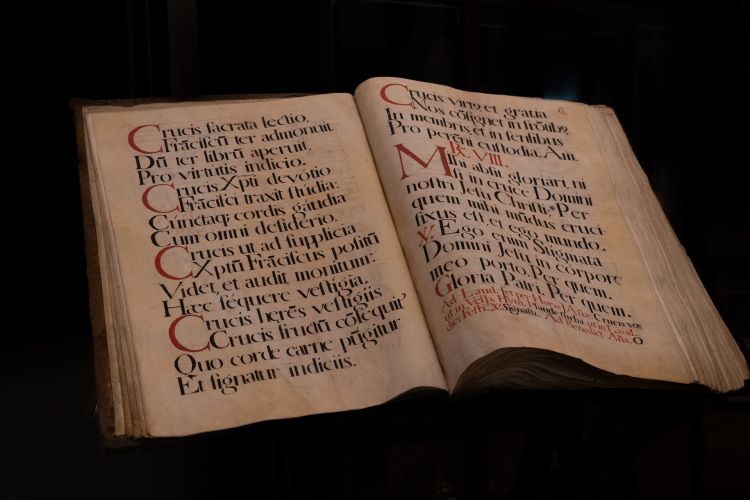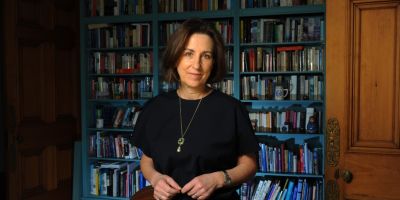What is Medieval Latin and why is it important? Dr Charles Roe on ‘A Language I Love Is...’ podcast

The medieval period is key to the history of Latin – so why has it become obscure? Explore this question and more in Dr Roe’s podcast episode.
Dr Charles Roe is a Teaching Fellow in Medieval Latin at the Institute for Medieval Studies (IMS). He previously completed his PhD at the University of Leeds before becoming an Associate Lecturer at the University of Derby.
Dr Roe’s research focuses on the use of Latin in the Middle Ages and how it relates to history, religion and literature.
He appears in the latest episode of the podcast ‘A Language I Love Is...’ to discuss what defines Medieval Latin, why it has become obscure and how it is key to the history of Europe and beyond.
The importance of Medieval Latin
The podcast ‘A Language I Love Is...’, hosted by Danny Bate, invites experts to talk about the language they work with and explain what excites them about it.
Dr Roe explores the history of Latin and gives the listeners examples of the uses of Medieval Latin that are less often talked about.
He explains that medieval Latin is central to the history of Western Europe and its relationship to the wider world. The language affects our perception of history, as it underpins much of the Latin writing we have access to in the present day.
Dr Roe says: “In a sense, most Latin is medieval Latin, and this podcast will tell you why.”
Latin in a wider context
In Dr Roe's previous interview upon rejoining the University of Leeds, he explains that while Latin is often equated with Western Europe and particularly Ancient Rome, this doesn’t cover its whole history.
In fact, Latin was used across the Mediterranean, including in North Africa and much of the Middle East. This meant that European readers and speakers of Latin had to “confront a wider sense of the world whenever they used it.”
This is one aspect of Latin that excites Dr Roe when researching and teaching it.
Listen to the ‘A Language I Love Is...’ podcast episode with Dr Charles Roe to hear more.




